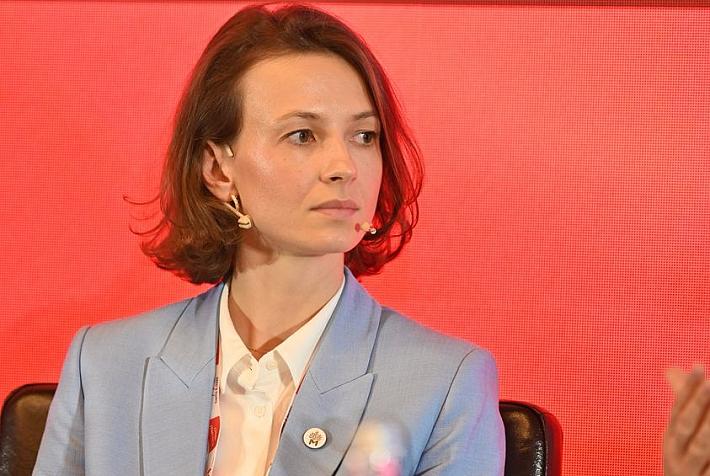Almost 1,300 people indicted for corruption in Romania in 2016, a quarter of the cases about abuse of office

Romania’s anticorruption prosecutors sent 1,270 to court on corruption charges in 2016, including 3 ministers, 6 senators, 11 deputies, 47 mayors, 16 magistrates, and 21 state-company managers, according to the National Anticorruption Directorate – DNA’s chief prosecutor Laura Codruta Kovesi.
Local courts ruled final sentences in corruption cases targeting 880 defendants sent to court by DNA, including one member of the European Parliament, one minister, one senator, 7 deputies, 5 county council heads, and 28 mayors. Some 40% of the people found guilty for corruption were sent to jail. Only 10% of the defendants were acquitted of their charges. The courts also ordered EUR 226 million confiscated from those sentenced for corruption.
“Our results prove that, without clear prevention measures, corruption in public institutions has manifested itself through the same repetitive actions. A third of the people sent to court have held management and control positions, public offices, and other important positions,” Kovesi said in a conference in which she presented DNA’s activity report in 2016.
She says that, without prevention and control measures in public institutions, the citizens will continue to be affected by corruption.
“Identifying fraud and corruption in public purchases has been a priority area in 2016. Our investigations targeted mainly acquisitions in infrastructure, IT services, healthcare, retrocessions, and public services,” Kovesi said.
More than a quarter of the defendants sent to court in 2016 were charged with abuse of office. The damages related to abuse of office offences investigated in 2016 was over EUR 260 million, according to the DNA chief.
She said that the DNA investigations have identified major vulnerabilities in the public procurement system. Public officials often ask for money to assign contracts or make the related payments, make task books to favor preferred firms, or sometimes pay for undelivered goods and work. Overpriced purchases are also a major problem.
“The DNA prosecutors have identified cases in which products were purchased at prices 50% to 800% higher than the real ones. Can we consider it a mistake when someone buys a product that it 800% overpriced?” Kovesi said.
“For infrastructure and construction work, the state pays double the value, most of the time. In the case of illegal retrocessions, the price paid by the state was even ten times higher than the real price. In the healthcare sector, the state had paid for medical equipment prices 50% or 60% higher than the real price,” the DNA chief prosecutor added.
Healthcare is one of the sectors where corruption is the highest as the acquisitions in this sector are highly specialized and more difficult to check. The illegal commissions paid in the healthcare sector amount to 10-20% of the contract values, according to DNA.
“Corruption in healthcare doesn’t only mean money the patients pay to the doctors. It also covers the way the sector’s resources are robbed through overvalued or inexistent products and services. Do we want these actions that endanger public health be sanctioned only as administrative errors?” Kovesi asked.
Abuse of office has been at the center of a heated debate about changes to the Criminal Code that the Government wanted to promote by emergency ordinance at the end of January.
The PSD-ALDE cabinet led by Prime Minister Sorin Grindeanu adopted an emergency ordinance that decriminalized abuse of office if the damage was under EUR 200,000, motivating that the change had been requested by the Constitutional Court. The DNA chief took a firm stand against the ordinance saying that it represented an invitation to theft for public officials. The Government repealed the ordinance on February 5 and then the parliament rejected it by law on February 21, after the biggest street protests Romania has seen in the last 25 years.
Laura Codruta Kovesi says that the citizens remain DNA’s main allies in the fight against corruption but stresses that a stable legislation is also very important for the efficiency of the anticorruption efforts. “In Romania, many people say they support the fight against corruption. But we’ve all seen how important is to have a stable legislation and how quickly the efforts and the work of the whole justice system, not only of the DNA prosecutors, can be cancelled.”
editor@romania-insider.com















